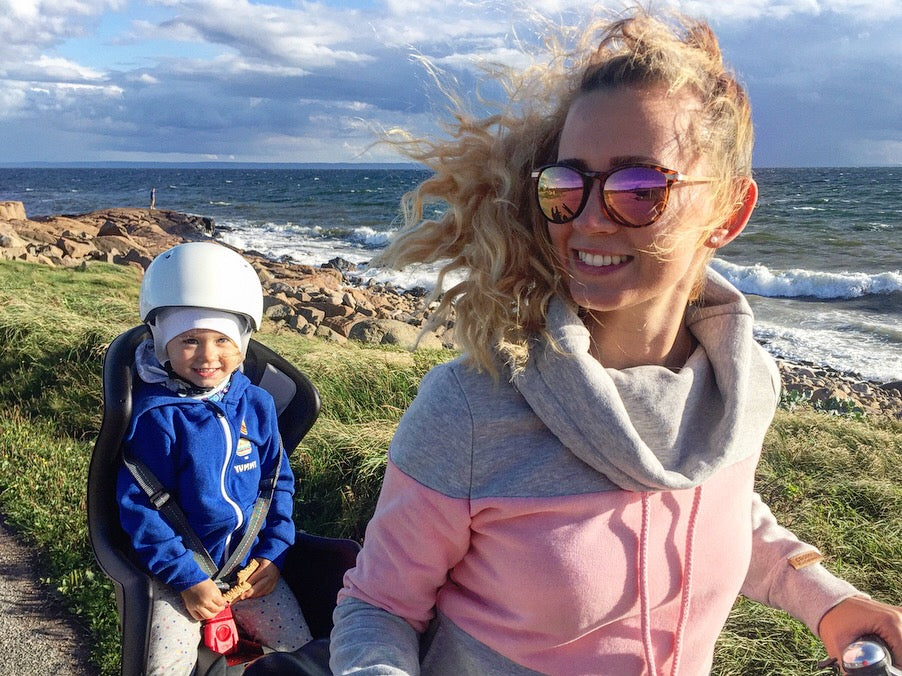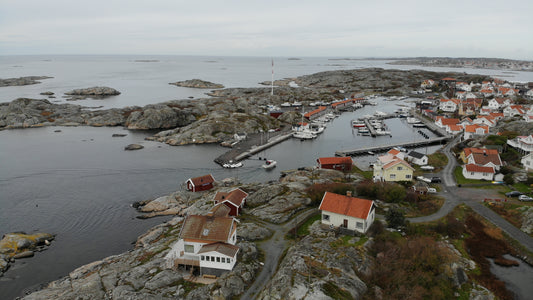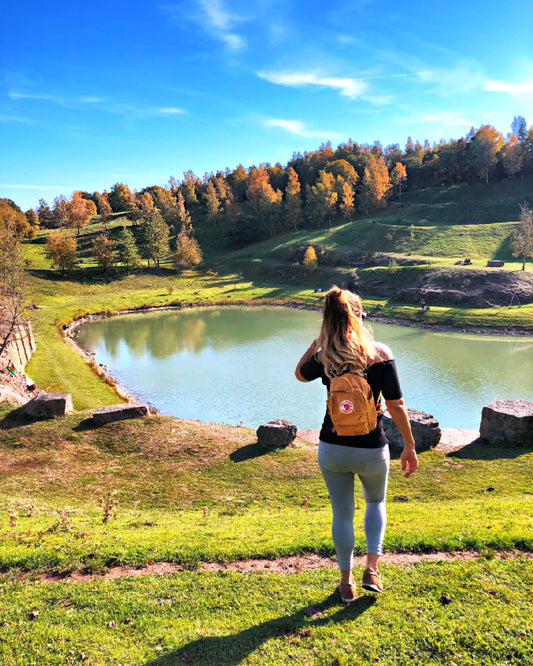
Scandinavian Parenting: 5 Things I Learned as a Mom in Sweden
Share
Sweden is regarded as one of the best countries for children and parents, even according to statistics. The entire system and infrastructure are designed to ensure the best development for children and provide strong support for caregivers. Children are considered an investment and a priority for Swedish authorities, which is why the Scandinavian parenting style is gaining popularity worldwide.
Contents
- Introduction
- Relying on Community Support
- Encouraging Independence in Children
- Parental Involvement in Education
- Embracing All Weather Conditions
- Maintaining a Calm Approach
- Conclusion
Introduction
As a parent who moved to Sweden, I've noticed many differences in how children are raised here compared to my home country. These differences, while initially surprising, are growing on me, and I'm beginning to appreciate the Swedish approach more and more.
1. Relying on Community Support
Dear parents, do you sometimes feel like your child is solely your responsibility? Like every problem, cry, tantrum, and lullaby rests on your shoulders alone? I know this feeling well. In Sweden, the state ensures that both parents share the responsibility. Caregivers have up to 480 days of parental leave per child, with each parent having 90 days that cannot be transferred to the other. These three months are usually the minimum time fathers spend alone with their children while mothers work. This approach encourages both parents to be equally involved in childcare.
Future and new mothers are supported by their employers. Pregnant women and mothers of children up to 12 years old have the right to reduce their working hours. Even if parents separate, it’s standard to establish a schedule where the child alternates weekly between parents.
2. Encouraging Independence in Children
In Swedish preschools, despite the division into groups, kids run freely, and the staff knows each child well. The success lies in the glass walls, which allow for easy supervision. Preschool teachers do not interfere much in children's activities outside of learning hours. If the weather is nice, the kids spend the entire day outside. This level of freedom fosters independence and resilience in children.
For instance, when I used to pick up my daughter, she was often dirty from playing outside all day. She didn't want to go home, and after a quick snack, she was back out playing. This hands-off approach reminds me of the freedom children had in the '90s, and it’s something I’ve come to appreciate.
3. Parental Involvement in Education
In Sweden, all preschools and schools, even private ones, are regulated by the state. The philosophy here is that parents are the primary caregivers, and educational institutions are there to support them. No child spends twelve hours a day in preschool, as this is legally impossible. The hours are adjusted to the parents’ work or study schedules. When parents take a vacation, their child does not attend preschool. Full-time preschool education is paid for, even in public preschools. This ensures that parents spend quality time with their children.
4. Embracing All Weather Conditions
Swedes believe there is no bad weather, only bad clothing. This attitude means that outdoor activities happen year-round, regardless of the weather. For example, during a snowy winter, I saw families enjoying the frozen beach, dressed warmly and having a great time. Schools also plan outdoor activities regardless of the weather, ensuring children are dressed appropriately.
5. Maintaining a Calm Approach
Do you sometimes lose your temper with your child? In Sweden, any form of aggression towards a child is unacceptable. Even a slap or yelling can result in social ostracism and legal trouble. Swedes handle situations calmly, and no one will judge a parent struggling with a child in public. The focus is on resolving the issue peacefully and discussing behavior calmly at home.
Conclusion
I'm sure there will be many more aspects of Swedish parenting that I'll discover and appreciate over time. Which Scandinavian parenting principles do you find most valuable? Share your thoughts and experiences!














